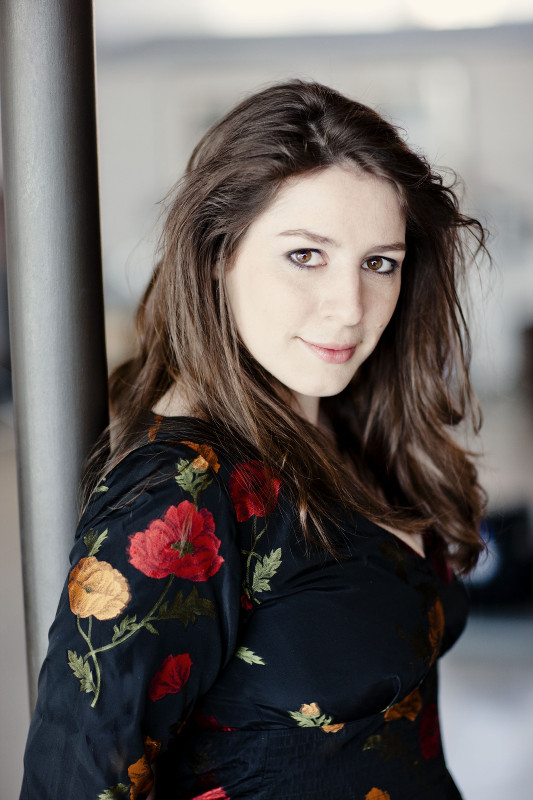The Apostles is a depressing work, mostly in a good way. Elgar's one good aspirational theme of mystic chordal progressions is easily outnumbered by a phantasmal parade of dying falls, hauntingly shaped and orchestrated. After The Dream of Gerontius, this ostensibly more clear-cut oratorio has less sense of form; it's fragmentary or modern, according to taste. I doubt, even so, if a better argument could be made for it than that from last night's team and its keen guide, Martyn Brabbins – a more flexible shaper, let's be honest, than the admirable champion of the work he was replacing, Mark Elder.
How far this all is, though, from Elgar's avowed starting-point, a schoolmaster's remark about the poor, down-to-earth young men who became the Apostles. For all the claims that this is the composer's nearest approach to an opera, the characterisations are loose, and despite the citing of Judas's long monologue before he hangs himself as a dramatic highlight, it's too meandering to pull focus, admirable though Elgar's aim may have been to shine the spotlight on the betraying Apostle at the time of Christ's crucifixion.
 Even so, Brindley Sherratt gave it his best shot and was flanked by fine colleagues – to his right, David Stout as a vividly-projecting Peter, Allan Clayton clarion as ever as both John and one of the two Narrators; to his left nine young voices from the Royal College of Music as semi-chorus Apostles. Roderick Williams brought his natural openness of spirit to Christ's limited utterances.
Even so, Brindley Sherratt gave it his best shot and was flanked by fine colleagues – to his right, David Stout as a vividly-projecting Peter, Allan Clayton clarion as ever as both John and one of the two Narrators; to his left nine young voices from the Royal College of Music as semi-chorus Apostles. Roderick Williams brought his natural openness of spirit to Christ's limited utterances.
The most moving music, if not – again – the sharpest of character-studies, belongs to soprano and mezzo. Elizabeth Watts (pictured left by Marco Borggreve), not quite as clear in diction as the rest – there were choral problems in this area, too – provided the biggest frisson with the BVM's acceptance of Mary Magdalene, one of Elgar's loveliest inspirations lit by ineffable clarinet solo (Benjamin Mellefont) in shared radiance. Alice Coote's glorious colours reminded us that she is the Elgar mezzo supreme. Both caught the pianissimo introspectiveness that is Elgar at his most personal, perfectly shared by LPO strings. There was hushed magic, too, in the darkness-to-dawn melancholy of the opening sequence, though the lone shofar frankly sounded a bit daft, dignified only by support from trombones.
You want so much of the poetry to linger for longer, but everything shifts quickly in the kaleidoscope and even the choruses which cap the two parts, attendant voices of the LPO and BBC Symphony in rich accord, unfurl a glory that swiftly fades. In this Elgar, the struggler who so wanted to believe but could never hold on to consoling visions for long is simply true to himself. Fustian only in parts, The Apostles is a fascinating sunset flare on the twilit road from Parsifal, and to be treasured for that.















Add comment